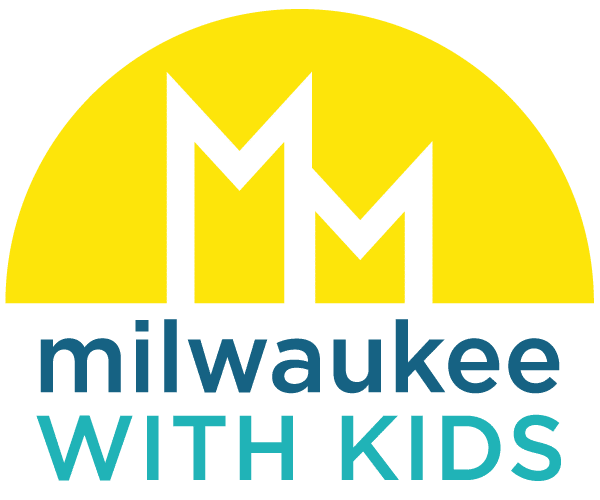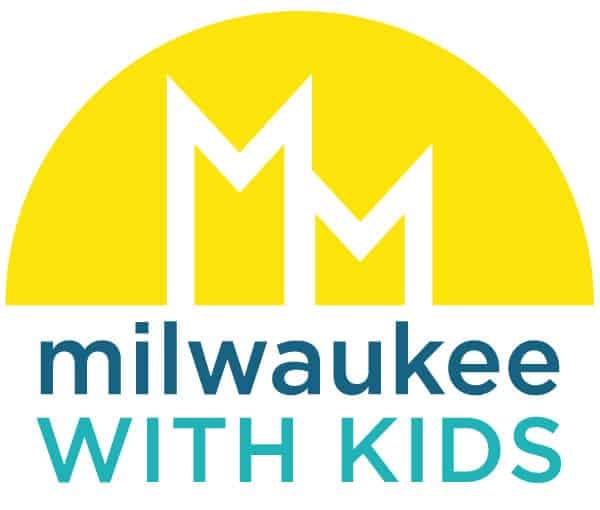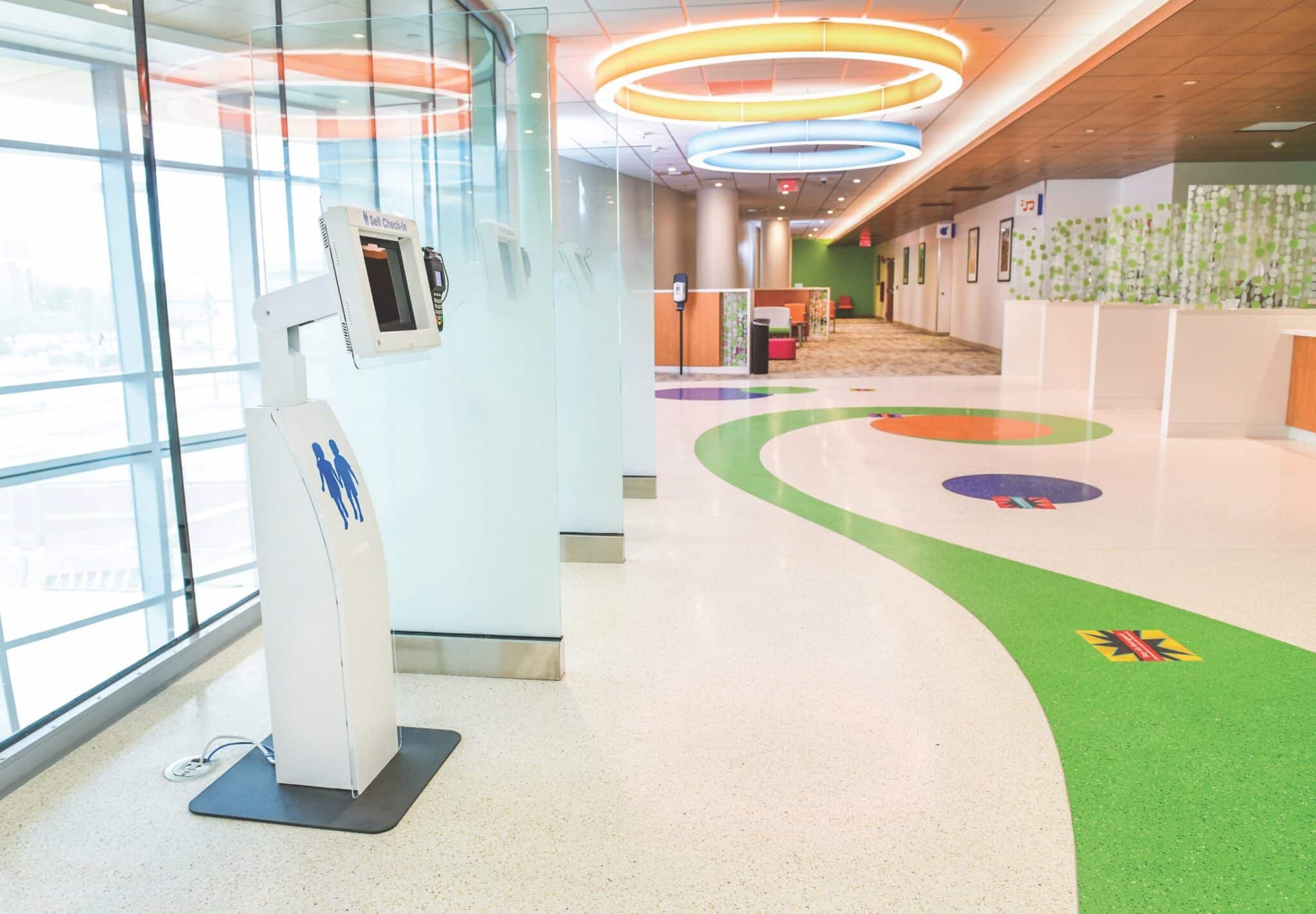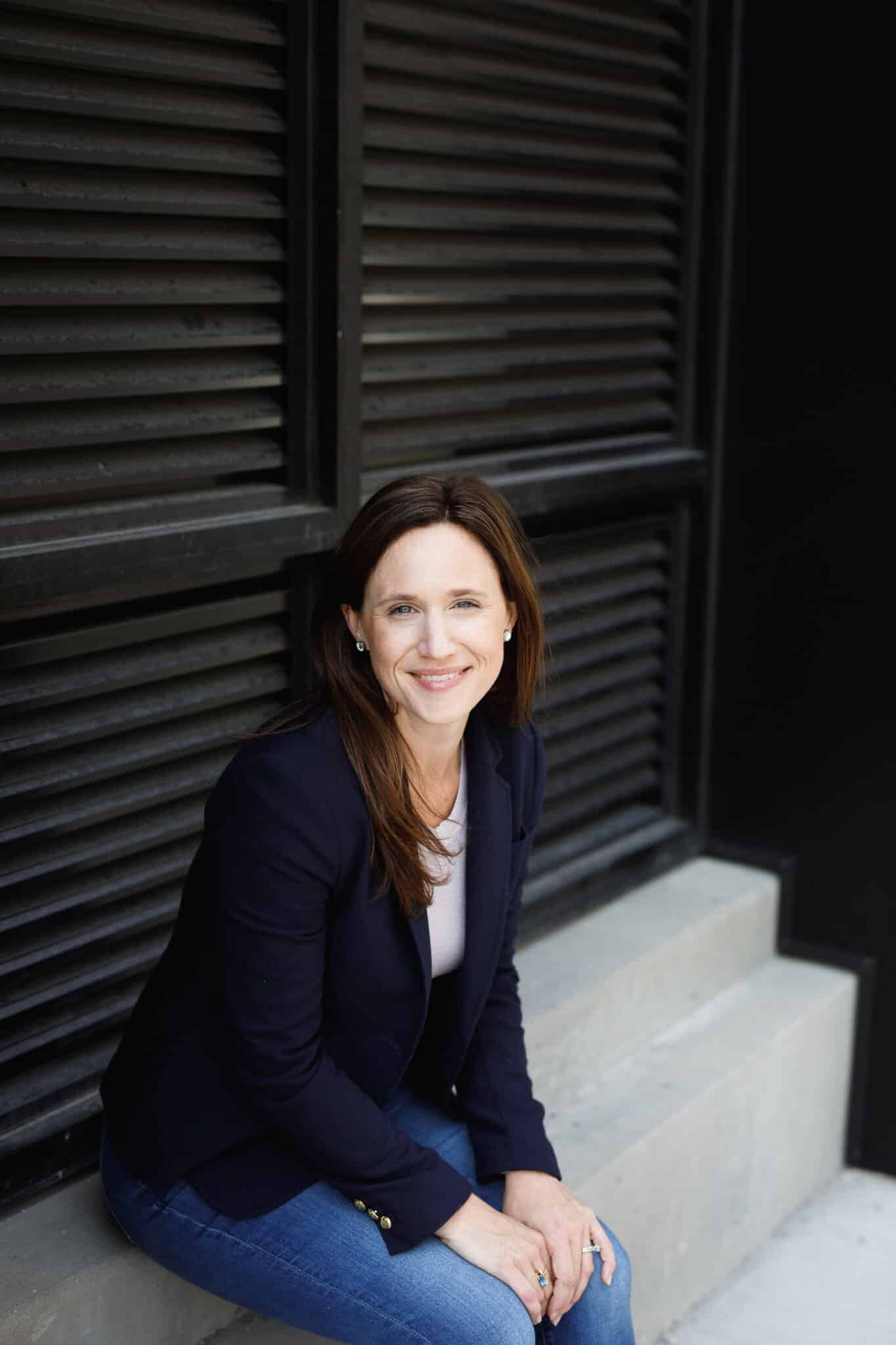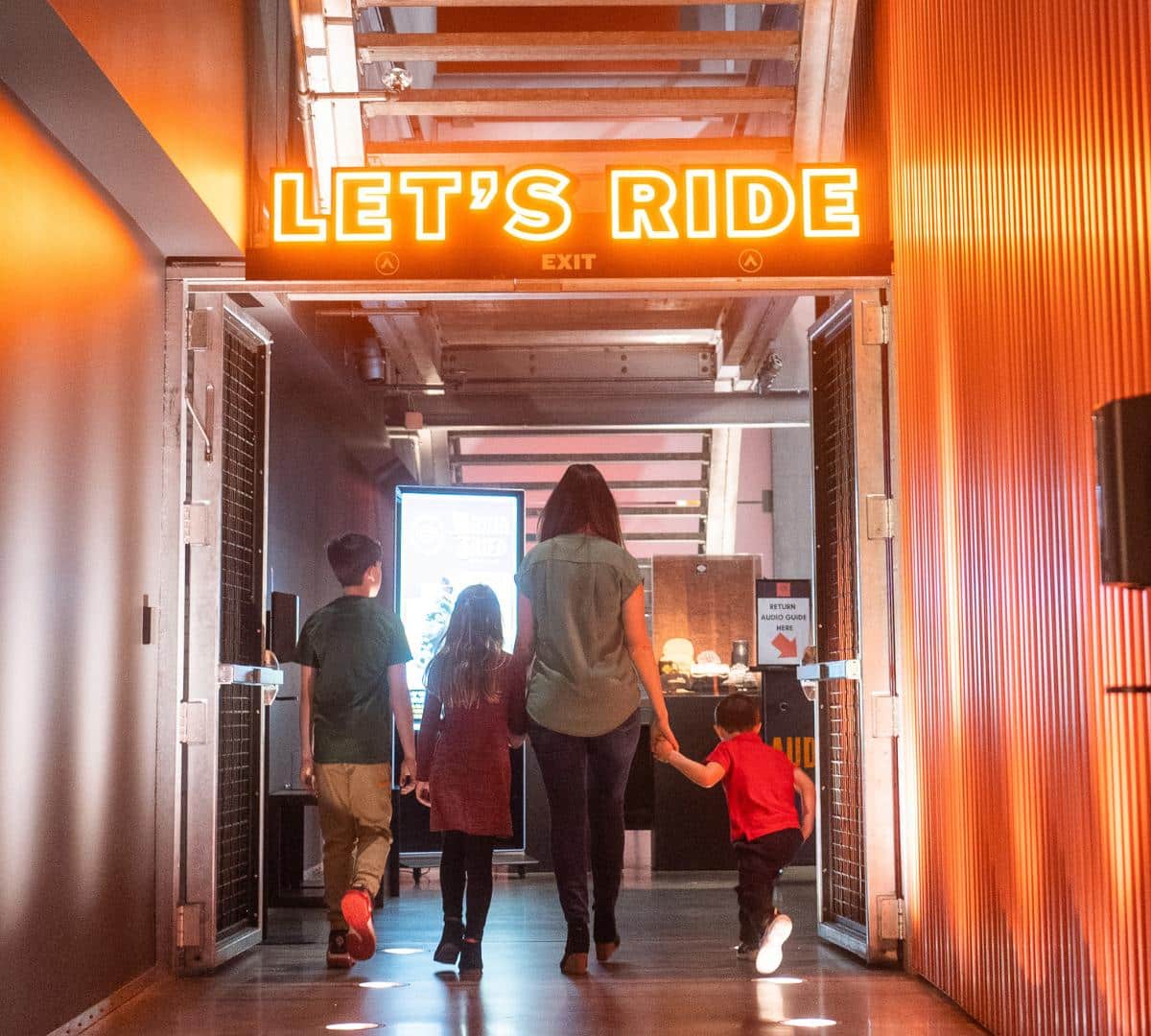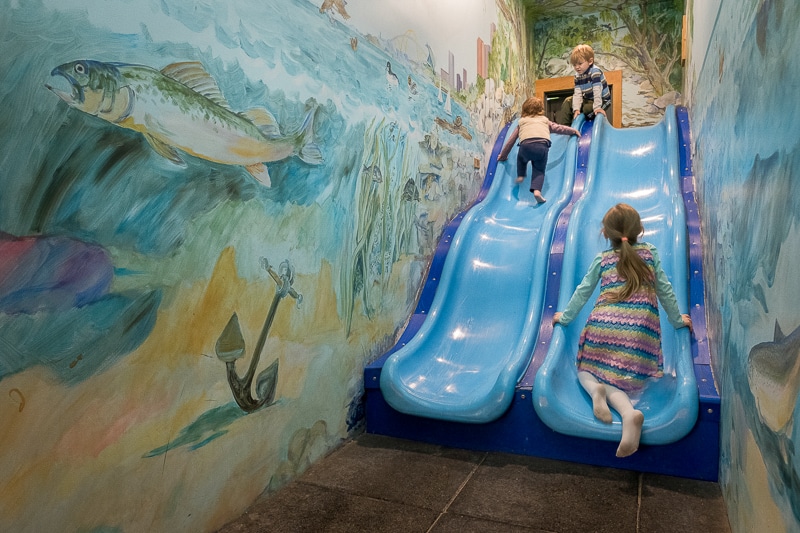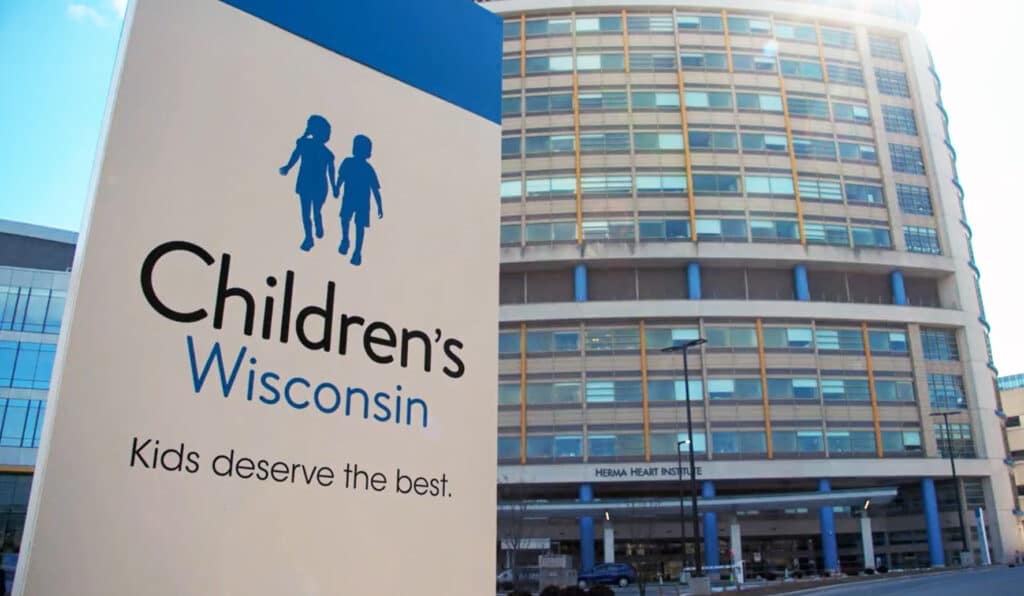
In 2019, Children’s Wisconsin shared a five-year, $150 million vision to address the growing mental and behavioral health crisis facing Wisconsin kids.
Since then, the pandemic has amplified existing mental and behavioral health issues, while triggering new ones in other children.
Their innovative approach to mental health treatment was recently featured on 60 Minutes.
Milwaukee With Kids is proud to be partnering with Children’s Wisconsin to spread the word about their mental health initiatives.
Research indicates that more than half of individuals who struggle with mental health conditions in their lifetime start experiencing symptoms before the age of 14. Yet the average length of time between when symptoms appear and treatment begins is often more than 10 years. This underscores the urgency in changing how mental health services are provided to kids.
Here are the initiatives set forth by Children’s Wisconsin in their 2019 vision, and the progress they’ve made so far:
1. Universal Screening for Mental Health
Mental health screening at routine appointments is crucial to identifying issues before they become a crisis.
Depression screening has been integrated into standard practices at all Children’s Wisconsin primary care offices, with nearly 85 percent of all eligible kids age 12 and older screened. All kids whose screens are positive are referred for follow-up care.
A suicide screening tool is also in place in the Children’s Wisconsin Emergency Department and Trauma Center (EDTC). Since it was implemented, nearly 30,000 kids have been screened and more than 4,800 have had positive results and been offered support they may not have otherwise had.
Next steps include more consistent use of the suicide screen in the EDTC and identifying the appropriate screening tool for specialty clinics.
2. Early Childhood Mental Health
Children’s Wisconsin is coordinating the work of multiple specialists and programs for kids ages 5 and under across the state.
Children under 5 suffer from mental health challenges and conditions that are difficult to diagnose and therefore often go untreated. Yet early treatment can influence the trajectory of young children and their families — enhancing parent-child interactions and attachment, supporting healthy social-emotional development in infants and toddlers, and even improving parents’ mental health.
3. School-Based Mental and Behavioral Health
Children’s Wisconsin is now supporting school-based mental health in nearly 70 schools throughout Wisconsin.
During the pandemic, this program adopted digital tools to allow staff to continue to support kids through digital visits. This was critical as the social isolation caused by the pandemic intensified the needs of most children.
This support continues to be necessary as some kids have had to adjust back to in-person learning. Some kids were experiencing increased anxiety over fears of being sick, while others struggled with emotions and behaviors back in the classroom. This approach increases access to early intervention by treating kids quickly in a comfortable, accessible, familiar setting — places that families already know and trust.
4. Integrated Mental and Behavioral Health
Children’s Wisconsin has embarked on the largest-scale implementation of integrated mental and behavioral health (IMBH) in any pediatric setting.
Since The Yabuki Family Foundation donation in late July, 10 full-time master’s-trained therapists have been supporting families at its primary care offices. In only a few months, those therapists supported more than 2,600 kids.
With progress underway in primary and urgent care, the next step is to consider how to more fully integrate mental health support into specialty care services.
5. Therapist Fellowship Program
A total of 28 aspiring therapists have participated in the Therapist Fellowship Program, and have supported more than 1,285 families through more than 16,000 sessions.
Not only is the program preparing more licensed therapists, it is doing so faster. While it typically takes around five years for prospective therapists to complete 3,000 hours of clinical training, Children’s Wisconsin fellows are completing those hours in less than two years.
This progress is encouraging, yet it will only meet a fraction of the therapists needed — not to mention other providers and staff. Two years after making a commitment to address mental health needs, Children’s Wisconsin recognizes the need to broaden this initiative to support additional workforce development needs.
6. Urgent and Emergent Mental Health
Children’s Wisconsin recently opened the Craig Yabuki Mental Health Walk-In Clinic on the Milwaukee campus. The clinic is open seven days a week from 3-9:30 p.m. and provides immediate support to kids with urgent needs through licensed therapists, social workers and clinical assistants. Read more about it here.
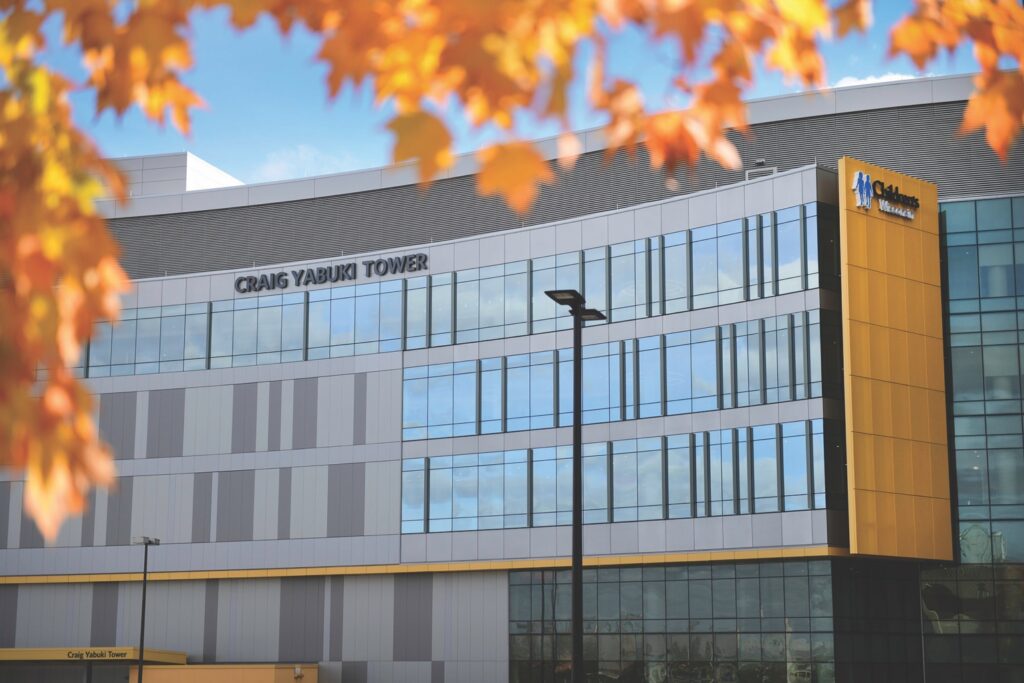
The Children’s Wisconsin Crisis Response Team has been in place in the EDTC for more than a year. The team provides de-escalation and other intervention measures for kids in mental distress, and also provides post-discharge care to help families establish continued care. The team has been activated more than 2,000 times since it was established.
7. Partnerships With Inpatient and Residential Care Providers
In 2021, the Integrated Healing Program was created, which provides support to teenagers who have physical pain to such an extent that they are experiencing emotional distress and are not able to participate in day-to-day activities like school or family events.
The program brings together child and adolescent psychiatrists from Rogers Behavioral Health, and physical therapy experts from the Jane B. Pettit Pain and Headache Center at Children’s Wisconsin. Together, the team is providing intensive rehabilitative, medical and mental health services.
Progress also continues on the new Milwaukee County Mental Health Emergency Center, a project Children’s Wisconsin is partnering on with Milwaukee County, Advocate Aurora Health, Froedtert Health and Ascension Wisconsin. Planned to open in the fall of 2022, it will provide a new psychiatric emergency department in Milwaukee to serve kids and adults.
_____________________________________
Funds from donors play a critical role in these efforts. Since the announcement in 2019, more than $52 million has been raised to support mental and behavioral initiatives at Children’s Wisconsin.
These funds come from more than 1,000 donors, with the following people and organizations committing $1 million or more to the effort: The Boldt Company, Dan and Karen Buehrle, Sue and Curt Culver, Jerry and Becky Jendusa and family, Kohl’s Corporation, Billie Kubly, the Reiman Foundation, Rexnord Foundation and United Health Foundation.
To make a donation to support the future of pediatric mental and behavioral health, visit shinethrough.childrenswi.org/donate.
Calie Herbst, Editor-in-Chief of Milwaukee With Kids, has spent over a decade combining her experiences as a parent of three to create a hub for Milwaukee’s family adventures.
Her decade-long teaching career in Milwaukee Public Schools and academic background, including a Master’s in Teaching from Marquette University and dual B.A.s in Sociology and Spanish from the University of Wisconsin – Madison, fuel her passion for inclusive and engaging family content.
Calie is also a recognized voice in local media, contributing to WISN Channel 12 News, WTMJ Wisconsin Morning News, Fox 6’s Real Milwaukee, and B93.3.
Discover more about Calie’s journey and editorial approach on her About Page and Editorial Policy Page.
